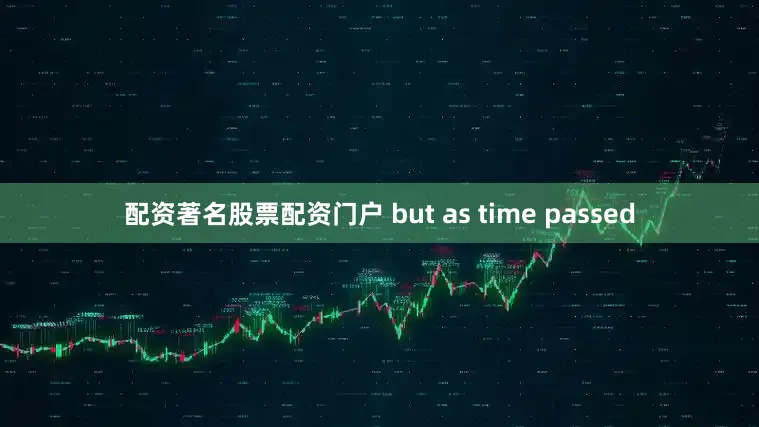
In 1955, during the first grand military rank conferment after the founding of the People’s Republic of China, an elderly man with white hair attracted everyone’s attention. He carried an aura of otherworldly grace and righteous spirit, with his long white beard flowing in the wind, looking like a sage from beyond the mortal realm. To those unfamiliar with him, it might have seemed he was merely accompanying his son to receive a rank. Yet surprisingly, this 77-year-old was himself one of the soldiers being honored with a military rank.
It turned out that the elderly man was awarded the rank of lieutenant colonel. Among over a thousand recipients, he was the oldest, standing out not only for his age but also for his remarkable background. He was Jiang Weiping, famously known as the “Father of Traditional Chinese Medicine” within the Eighth Route Army.
展开剩余90%01
The oldest soldier awarded a military rank after the founding of the nation, Jiang Weiping was already 77 when he became a lieutenant colonel.
Born in 1878 in Hebei province during the late Qing dynasty, Jiang Weiping experienced a very impoverished childhood. Due to his family’s dire financial situation, there was barely enough food to eat. As a young boy, he left his parents and took up apprenticeships and child labor, enduring exhausting physical work every day just to contribute to the family income.
By the time he turned 20, during a large-scale military recruitment by the Qing government, Jiang saw an opportunity to change his fate and enlisted as a soldier in the Qing army. However, this military experience did not seem to offer him clear direction in life. Not long after, he resigned his commission and returned home to farm.
But when the Qing dynasty collapsed and the country lay in ruins, Jiang’s patriotic spirit was reignited. He once again chose to join the army, this time serving under Yuan Shikai. Initially, Jiang harbored some hope that Yuan Shikai would rescue the people from hardship, but as time passed, his optimism faded amid the corruption and factionalism within the army.
After Yuan’s fall, the army transformed into the Beiyang Army. Jiang persevered and gradually rose to the rank of deputy regiment commander over more than a decade. Yet, unable to tolerate the rampant corruption, he resigned once again in 1930 and returned to farming.
By then, Jiang Weiping was already in his fifties, an age that today would be considered close to retirement. After leaving the military at 52, he devoted himself to studying herbal medicine, learning to grow medicinal plants, and living as a humble farmer.
Jiang’s talent for medicine was remarkable. Despite starting his medical studies relatively late in life, his natural aptitude and diligence helped him master traditional Chinese medicine quickly. During those years, he immersed himself in extensive herbal literature and used his skills to treat illnesses among local villagers, earning widespread respect and gratitude.
Had it not been for the outbreak of war, Jiang might have spent his remaining years quietly serving as a healer in his small mountain village. Yet, when the Anti-Japanese War began, his patriotism once more surged. Nearly 60 years old, he disregarded his family’s objections and courageously returned to the army as an elderly soldier.
Because of his previous extensive military service, Jiang was well-versed in army regulations and procedures. The young soldiers admired this brave and medically knowledgeable veteran. Unfortunately, fate dealt a harsh blow: soon after, his unit suffered near-total destruction in battle and was disbanded, forcing Jiang to once again return home.
Jiang Weiping was the only soldier to have served in the Qing army, Beiyang Army, Nationalist Army, and the Eighth Route Army, as well as being a skilled physician.
During those turbulent years marked by incessant wars and hardship, survival itself was a great blessing. Approaching his sixties, Jiang’s longevity was remarkable for the era. Yet even after returning home, he remained active. Learning that the Eighth Route Army would pass through his hometown, he was filled with patriotic zeal again. Ignoring his family’s objections, he took his adopted son and enlisted in the Eighth Route Army.
However, upon applying, Jiang faced a major obstacle: the army typically recruited only young soldiers, and his age was well beyond the recruitment limit. As expected, he was initially rejected. But unwilling to give up, Jiang persisted and convinced the commanders to make an exception.
At first, few believed in his ability to contribute. Many thought he would only be assigned to simple logistics tasks due to his age. Yet, from the moment he joined the Eighth Route Army, Jiang seemed rejuvenated—his later years became a remarkable new chapter in his life.
The army frequently rotated in and out of frontlines where casualties were common. However, the medical facilities were extremely rudimentary, and supplies scarce. Jiang revived his mastery of traditional Chinese medicine, spending free time foraging for herbs in nearby mountains to treat wounded soldiers.
Often, Jiang stayed up nights beside the injured, carefully monitoring their conditions and adjusting treatments accordingly. Thanks to his attentive care, soldiers’ recovery rates improved significantly.
Soldiers often suffered from insect bites and wounds sustained during long marches and difficult terrain. Untreated injuries risked infection and even death. Despite his age, Jiang tirelessly researched herbal formulas and eventually developed a portable medicinal pill that soldiers could carry for immediate treatment of insect bites and related ailments.
In 1941, Jiang formulated a special compound using sodium sulfate—modeled after Western medical concepts but rooted in traditional Chinese medicine—to effectively treat scabies and reduce swelling. This remedy won high praise throughout the army.
Though Jiang was elderly and sometimes brusque or strong-willed, soldiers deeply respected and loved him. Beneath his gruff exterior was a kind-hearted man. When wages were distributed, he often used his own money to buy eggs and flour to supplement the soldiers’ meals.
Jiang’s skillful hands and compassionate heart saved countless lives, earning him considerable honor. After the founding of the People’s Republic, he served in key positions within multiple military hospitals, dedicating himself to passing on his medical knowledge to future generations.
In 1955, at the age of 77, Jiang Weiping was awarded the rank of lieutenant general in recognition of his outstanding military and medical contributions. Among all generals, he was the eldest, with the longest white beard, and the most striking figure in any gathering.
Jiang Weiping’s life was truly legendary. He was the only soldier who had served in the Qing army, the Beiyang Army, the Nationalist Army, and the Eighth Route Army, while also excelling as a healer. He passed away in 1968 at the age of 86, leaving behind a luminous legacy.
Though he has long since passed, Jiang’s remarkable story continues to be recounted within the military. Today, old photographs still show the image of Jiang Weiping—his white beard flowing and his dignified presence shining through—earning him the well-deserved title of the military’s guardian of traditional medicine.
Image source: Internet. If there is any infringement, please contact for removal.
发布于:天津市盛达优配官网-申请股票杠杆-股票配资开户会员-配资头条网提示:文章来自网络,不代表本站观点。







